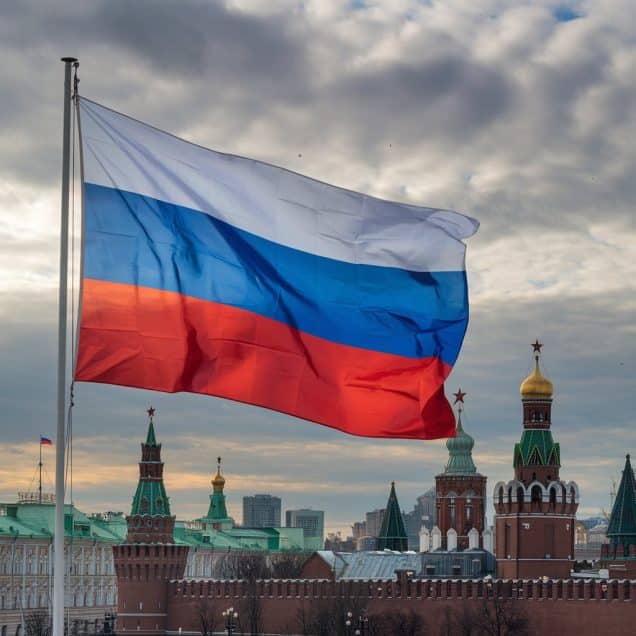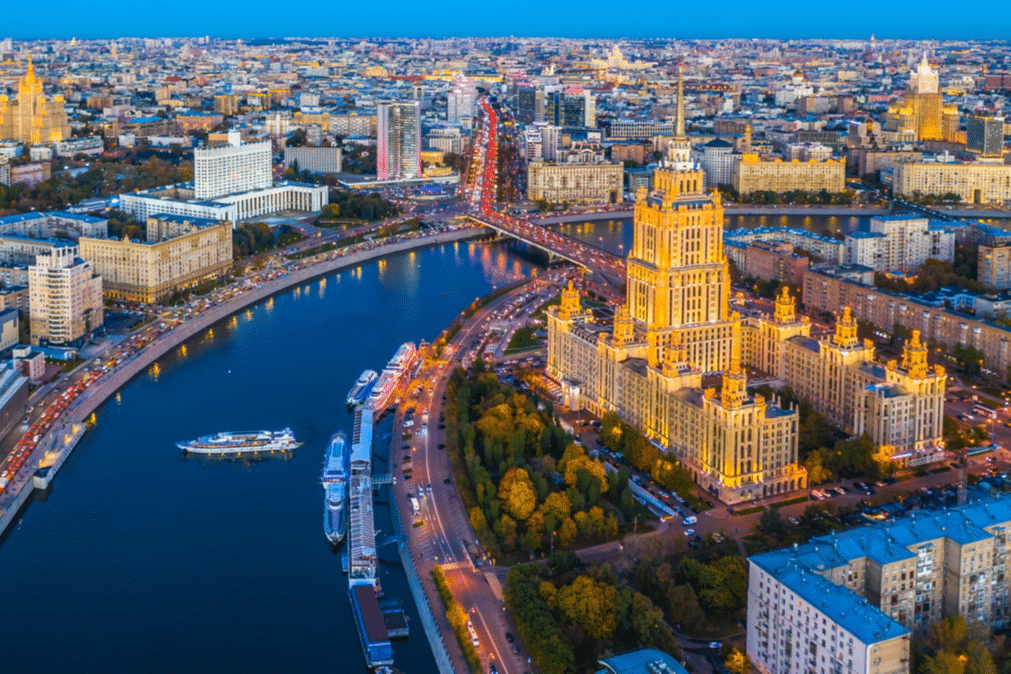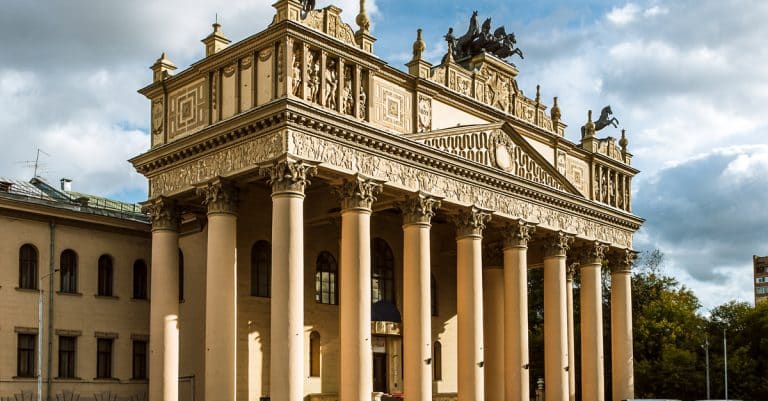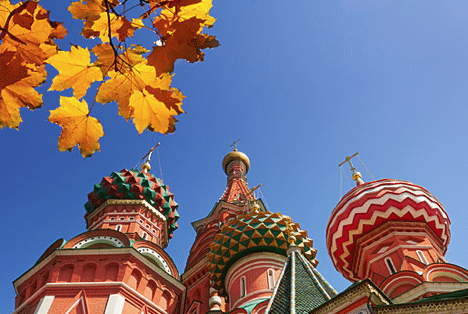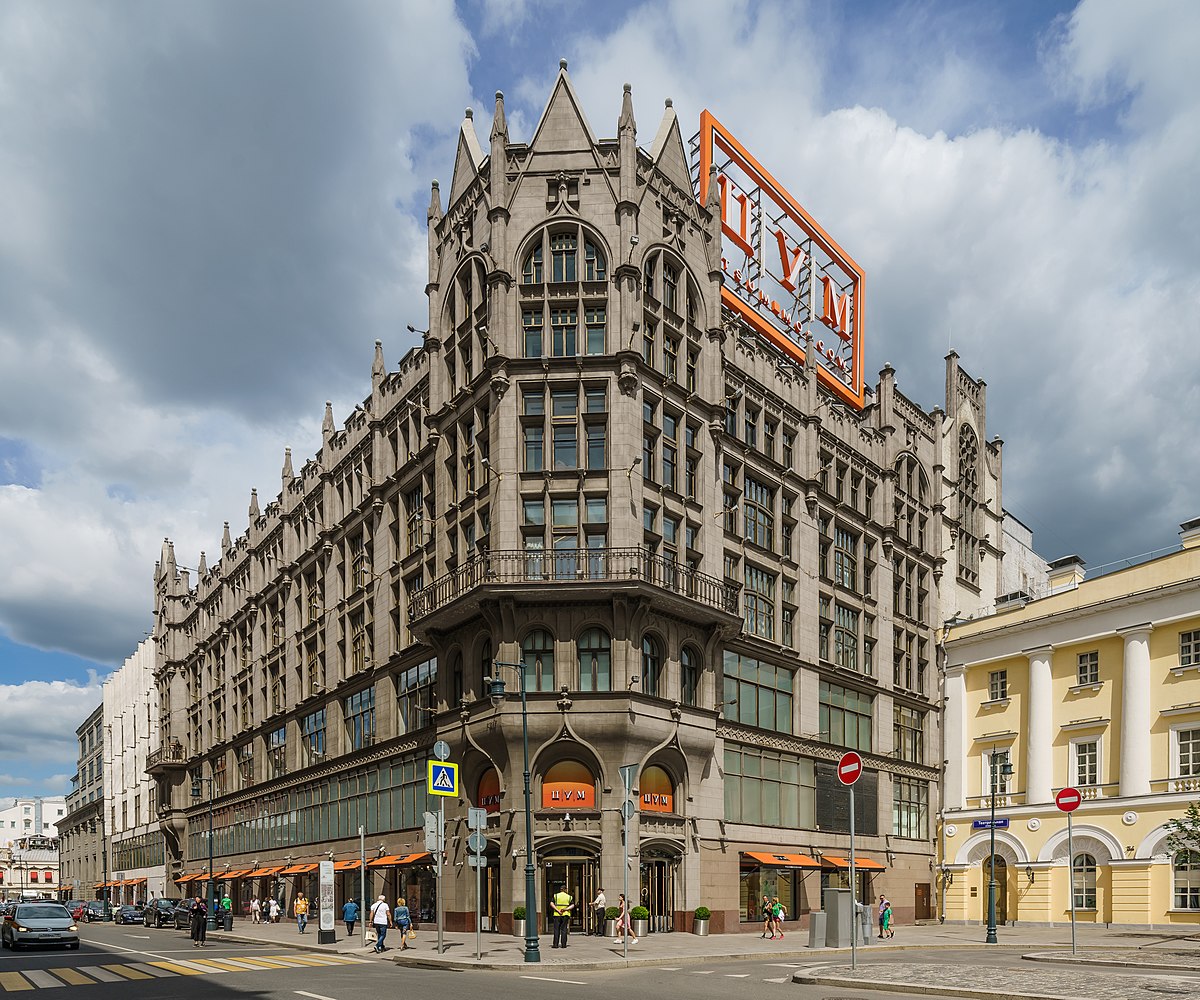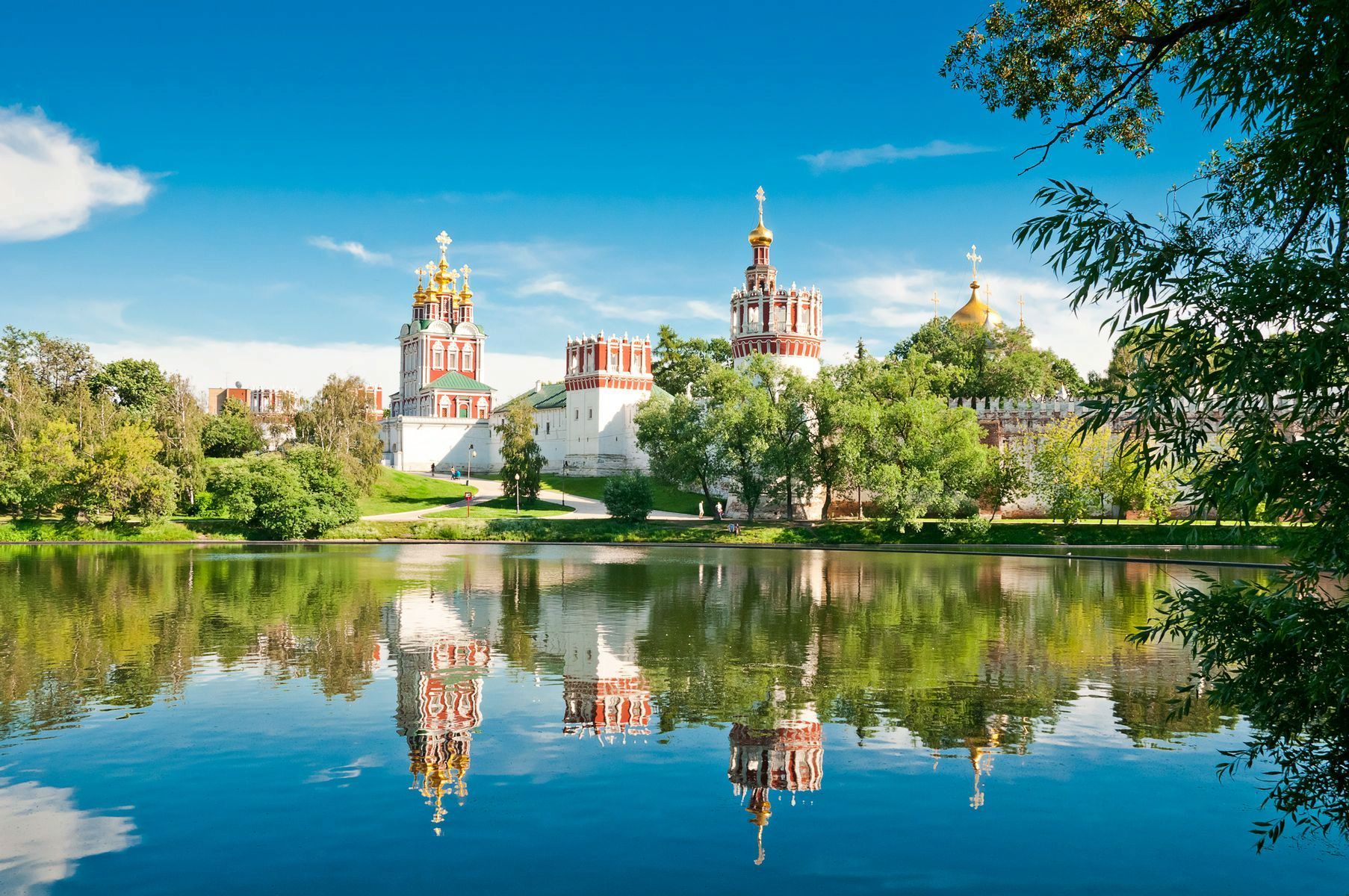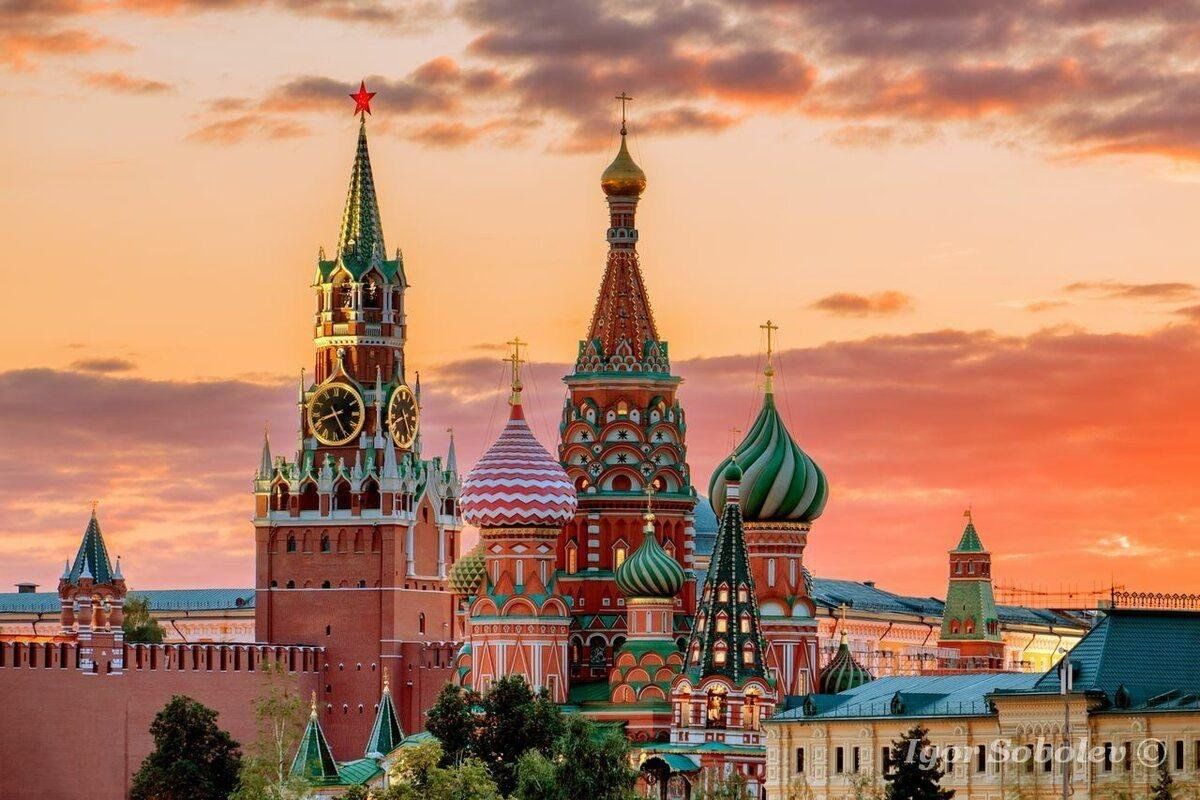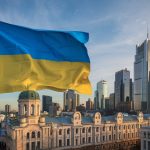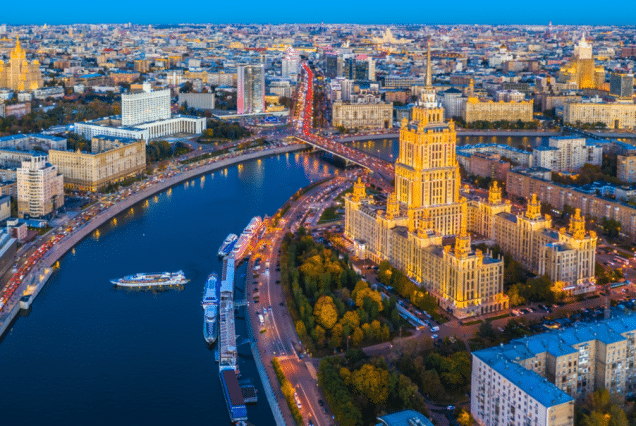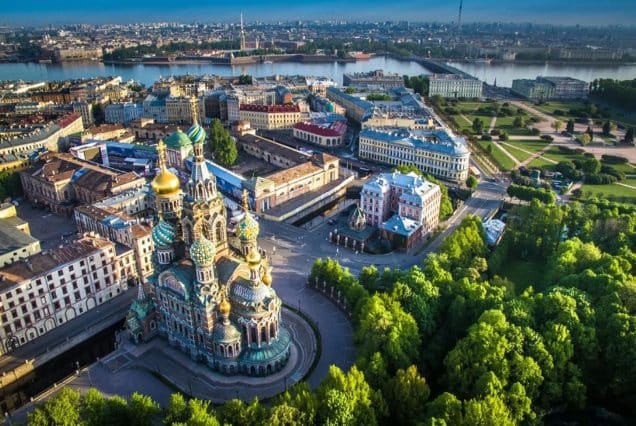

Discover Russia
Sights
Map
Info
Russia, a vast country stretching from Europe to Asia, offers a unique blend of rich history, diverse cultures, and breathtaking landscapes. From the iconic Red Square in Moscow to the opulent palaces of St. Petersburg, Russia’s cities are filled with architectural marvels and cultural treasures. The country’s natural beauty is equally impressive, with vast forests, lakes, and mountain ranges. Before planning your trip, it’s important to understand the practical aspects of traveling to Russia, including visa requirements, transportation options, and cultural norms.
Visa and Passport Requirements
Visa Requirement: Most travelers need a visa to enter Russia, which must be obtained in advance from a Russian consulate or embassy.
Passport Validity: Your passport should be valid for at least six months beyond your intended stay, and it must have at least two blank pages.
Registration: Upon arrival in Russia, foreign visitors must register their stay with local authorities within seven days.
Transportation
Public Transport: Russia has an extensive public transport network, including metros, buses, and trams, particularly in major cities like Moscow and St. Petersburg.
Taxis: Taxis are widely available, but it’s recommended to use official taxi services or ride-hailing apps like Yandex Taxi for safety and reliability.
Trains: The Russian railway network is vast, with long-distance trains like the Trans-Siberian Railway offering a scenic way to explore the country.
Accommodation
Hotels: Russia offers a wide range of hotels, from luxury international chains to budget-friendly options, especially in major cities.
Hostels: For budget travelers, hostels provide affordable accommodations with opportunities to meet other travelers.
Vacation Rentals: Services like Airbnb are available, offering apartments and homes that provide a more local experience.
Dining
Restaurants: Russian cuisine is diverse, with traditional dishes like borscht, pelmeni, and blini being must-tries, available in restaurants across the country.
Tipping: Tipping is not obligatory but appreciated; around 10% of the bill is considered standard in restaurants.
Street Food: In larger cities, you can find a variety of street food options, including shashlik (grilled meat skewers) and pirozhki (stuffed pastries).
Cultural Considerations
Respect for Traditions: Russians value their cultural traditions, so it’s important to show respect, especially in religious sites like churches and monasteries.
Personal Space: Russians may have different norms regarding personal space, so it’s important to be mindful of these differences.
Punctuality: Being on time for meetings and social events is considered polite and respectful.
Language
Russian Proficiency: Russian is the primary language, and English is not widely spoken, especially outside major cities, so learning basic Russian phrases can be helpful.
Translation Apps: Using translation apps can be crucial for communication, particularly when navigating menus, signs, and public transport.
Signage: In major cities, some signs are bilingual (Russian and English), but this is less common in rural areas.
Technology and Communication
Mobile Connectivity: Russia has good mobile network coverage, and purchasing a local SIM card is a cost-effective way to stay connected.
Wi-Fi Access: Free Wi-Fi is widely available in cafes, restaurants, and public places, especially in urban areas.
Electrical Outlets: Russia uses 220V electrical outlets with Type C and F plugs, so an adapter may be necessary for international travelers.
Shopping and Payment
Credit Cards: Credit cards are widely accepted in cities, but it’s advisable to carry some cash for smaller establishments or rural areas.
Currency Exchange: It’s easy to exchange money at banks and exchange offices, but it’s recommended to do so in official locations to avoid scams.
Sales Tax: Prices typically include VAT, but tax-free shopping is available for tourists in certain stores.

